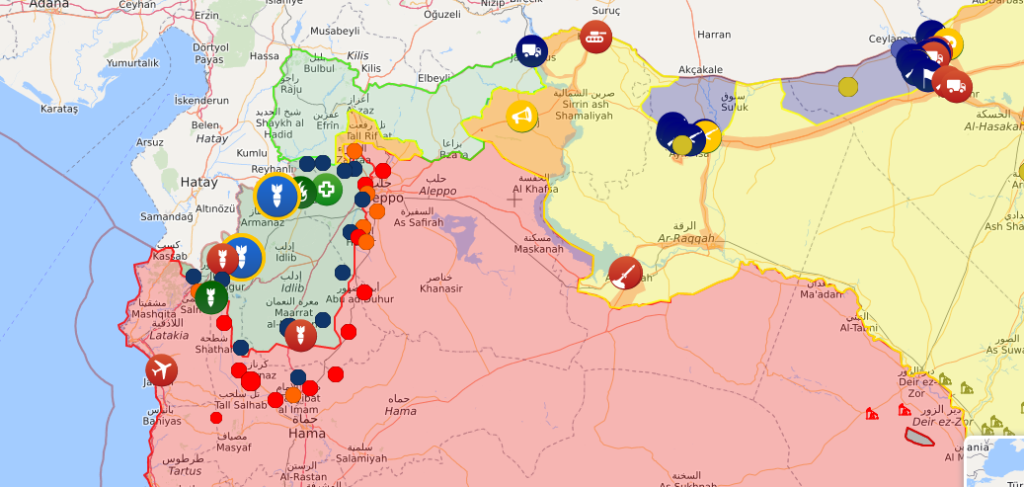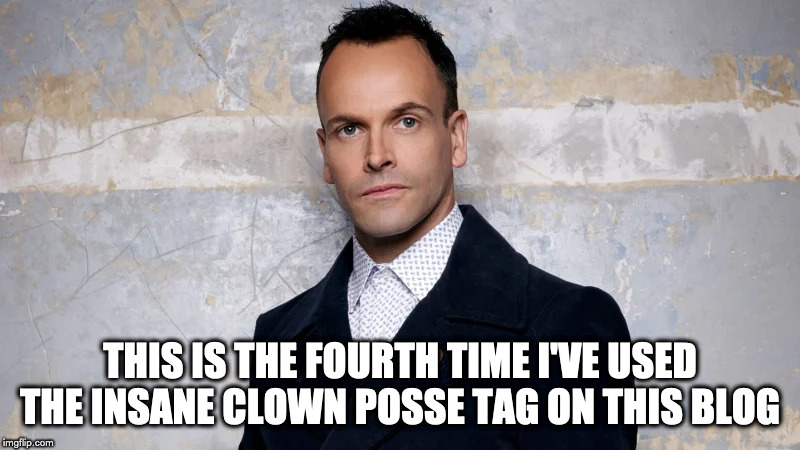Happy Day of the Dead!
Is it time to decouple from China?
“Stealth War: How China Took Over While America’s Elites Slept,” a new book by U.S. Air Force Brig. Gen. Robert Spalding (Ret.), confirms this assessment. Spalding served as the chief China strategist for the chairman of the Joint Chiefs of Staff, as senior U.S. Defense official and defense attaché to China in Beijing, and later in the Trump National Security Council (NSC), where he was the chief architect of the NSS’s framework for national competition.
According to Spalding, even organizations that would seem to have a vested interest in exposing China’s malign behavior remain mum. Spalding writes that upon his arrival at NSC:
I made it a personal mission to meet with many leading think tanks, nongovernmental organizations, and law, auditing, and public relations firms that dealt with China. I was eager to seek their help in exposing the Beijing government’s influencing operations and sanctioning of illegal behavior. Additionally, I hoped they would help me explore policy options to counter China’s economic malfeasance.
Time after time, I was rebuffed.
People at these organizations would talk with me, and many of them even said they agreed with my concerns, but they claimed they couldn’t help. Doing so, some of the more forthright people said, might anger their Chinese funders or business accounts. The list of organizations that refused to engage with me publicly in my official capacity was stunning. Top white-shoe New York law firms. Organizations with mandates to promote democracy, freedom, and human rights would refuse to support my mission.
…They were, in essence, being manipulated by a foreign power that is America’s greatest enemy.
The willingness of American organizations to remain silent about Chinese Communist tyranny can be seen against a correlative backdrop of our burgeoning cancel culture, the censorship of Big Tech, and general decline of devotion to First Amendment principles alongside the Long March of political correctness through our institutions.
China is not the cause of the general erosion of American fidelity to free speech, but it is a contributor and one of its chief beneficiaries. As China poses arguably the greatest threat of any foreign actor to our liberties of all, the corruption resulting from our commercial ties is particularly acute.
For President Xi to start a dynasty, his only daughter has to get married. At 27, she is of the age when she should get married. But it can’t be to someone of peasant stock. It has to be to one of China’s princelings — or “Revolutionary Successors,” as they prefer to be known. President Xi has stressed the need for “red genes” in China’s rulers. The problem is that all the princelings are all already very wealthy, so marrying into the Xi family wealth would be of no consequence. China’s princesses do well, too. The Huawei executive arrested in Canada, Meng Wanzhou, has a stepsister, Annabel Yeo, who had her debut into high society at Le Bal des Débutantes in Paris in November 2018.
For a princeling, if you married Xi’s daughter, you would become consort to the empress, but there would be a downside: you would be killed in any palace coup.
If Xi Mingze is at Harvard, that suggests that the project to get her married off has had pushback and that President Xi isn’t having things going all his way. Another problem with Xi establishing a dynasty is that all the other families living in the gated community in Beijing for China’s elite, Zhongnanhai, would become less than equal, something that would stick in their craw more than the president-for-life thing.
The communist regimes in Russia and Eastern Europe lasted about 70 years before they burned out, and it has been wondered if the 70-year rule will also apply to China. The communist party in China recently celebrated 70 years since its founding, and it looks as if burnout is happening on cue. The princelings are jealous of the fortunes made by China’s entrepreneurial class and have started to take their fortunes from them, starting with the likes of Jack Ma, who had founded Alibaba. Another Chinese billionaire, Miles Kwok, has predicted that Jack Ma will be either in prison or dead within a year. Once started, expropriation will work its way down through the economy, and it will be a profound productivity-killer.
A lot of China’s managerial class now has at least part of its fortune offshore and has sent its children, often only one child, to foreign universities. Some of those children have been told, “Never come back to China.”
Xi Mingze at Harvard means that a coup is possible in China.
(Hat tip: Director Blue.)
Built at a cost of $2.2 billion, the Salesforce Transit Center and Park formed the cornerstone of the Bay Area’s ambitious regional transportation plan: a vast, clean, efficient web of trains, buses, and streetcars, running through a hub acclaimed as the Grand Central Station of the West.
Snip.
Earlier that day, workers installing panels in the STC’s ceiling beneath the rooftop park uncovered a jagged crack in a steel beam supporting the park and bus deck. “Out of an abundance of caution,” officials said, they closed the transit center, rerouting buses to a temporary terminal. Inspectors were summoned. They found a similar fracture in a second beam.
Structural steel is exceptionally strong, but given certain conditions—low temperatures, defects incurred during fabrication, heavy-load stress—it remains vulnerable to cracking. Two types of cracks occur in steel: ductile fractures, which occur after the steel has yielded and deformed, and brittle fractures, which generally happen before the steel yields. Ductile fractures develop over time, as the steel stretches during use, explains Michael Engelhardt, Ph.D., a professor of civil engineering at the University of Texas at Austin and chair of the peer-review committee overseeing the STC’s response to the cracked-beam crisis.
Engineers can predict ductile fracture and make adjustments during design, such as redistributing the load among various parts of the structure,” Engelhardt says. “Brittle fractures, by contrast, happen suddenly and release a great deal of energy. They’re concerning. They aren’t supposed to happen.”

Also this:
Al Baghdadi dead.
Entire world: Good riddance!@AndrewFeinberg: We can’t celebrate the death of a genocidal jihadist deathcult’s leader because it might reflect well on Trump.
American liberalism circa 2019.
— BattleSwarm (@BattleSwarmBlog) October 27, 2019
Media Scrambles To Fact-Check Image Of Trump Riding Hero Dog Into Massive Space Battlehttps://t.co/03T0b6N7e0
— The Babylon Bee (@TheBabylonBee) October 31, 2019



